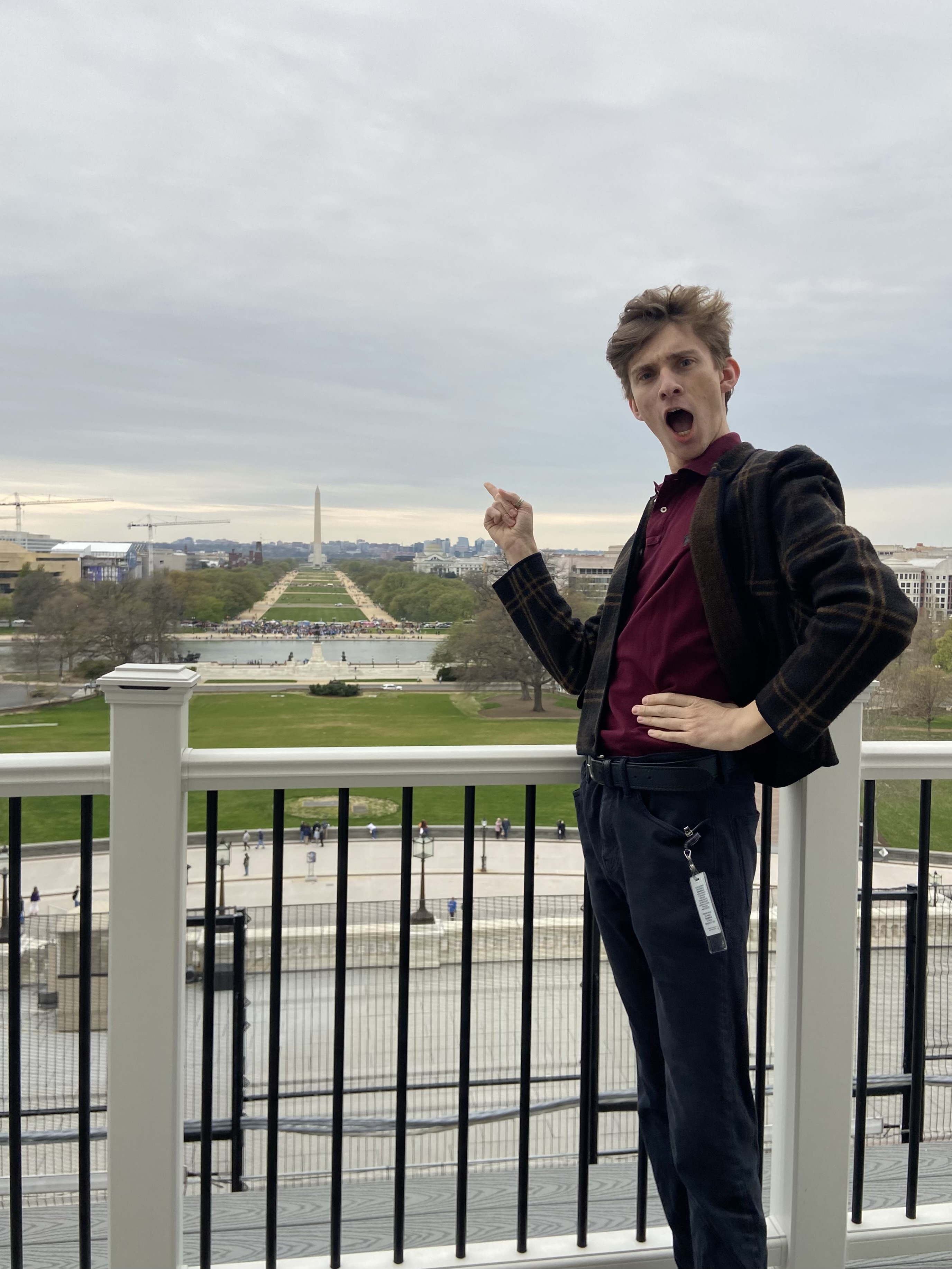As I have interned for the Washington Office of Congresswoman Matsui, I have gained a greater appreciation for congressional public service work. Not only do most representatives and congressional staffers work long hours, but they care about their constituents’ opinions and input. When constituents contact their congressional offices, staffers and representatives factor in their opinions when crafting official political stances. Although I did not work for a district office, I witnessed indirectly how representatives’ district offices help and advocate for constituents experiencing trouble with federal agencies. Regarding myself, I am grateful to have supported my Congresswoman’s public service by communicating with constituents about their personal political stances, the Congresswoman’s policy priorities, and the ongoings of the House of Representatives. Even though Congress can be a bubble, I have learned that representatives and their offices strive to represent, communicate with, advocate for, and listen to their constituents—which is encouraging given our nation’s contemporary threats to democracy.
Beyond gaining a greater appreciation for public service, my internship in Washington has helped me narrow down my career interests. Specifically, I have determined that I would like to pursue a career in energy and environment policy advocacy after I finish my studies. The Inflation Reduction Act has opened up significant federal funding and fiscal incentives for clean energy and sustainability. Because of my time working in Congress, I understand that this right now is a critical time for federal policymakers to decide how they will distribute this funding; through a career in government relations, I want to help ensure community organizations and local municipalities involved in environmental action receive this robust funding and federal support from policymakers for many years to come.
Due to DC’s central location on the Eastern Seaboard, I have also enjoyed exploring my interest in early American history separate from my career development. Namely, my favorite experience was my visit to Thomas Jefferson’s Monticello. Not only did I enjoy Monticello’s beautiful view of the Virginia Piedmont but I also loved learning about American history in person. I appreciated that the Thomas Jefferson Foundation (which manages Monticello) highlighted the history and experiences of both Jefferson’s family and the enslaved people who labored on Jefferson’s plantation. This visit, ultimately, contextualized and personalized my understanding of Americans’ diverse experiences living in the Revolutionary Era. Moving forward, I have extended my stay in DC to accommodate another history-related trip. In preparation for my senior thesis in History, I plan to travel to North Carolina in the coming weeks to conduct primary historical research about the Regulator Movement.
As this experience comes to a close, I am appreciative of how my stay in DC has shaped my perspective on government, public service, and history. Likewise, I am grateful for the support of the Matsui Center and the Office of Congresswoman Matsui in helping shape this watershed experience.

